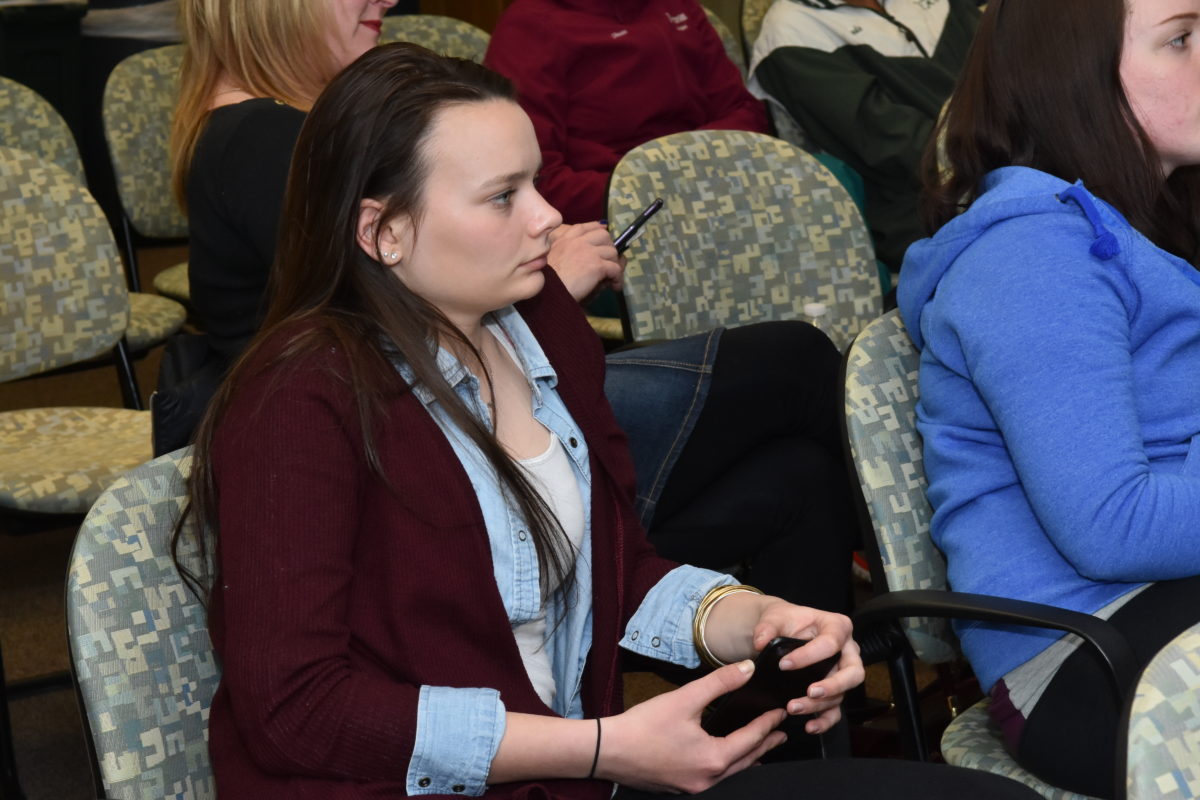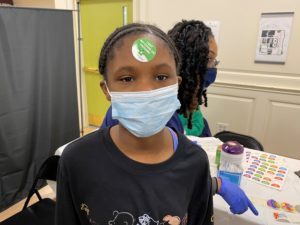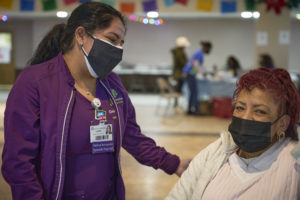“Medicine changes so quickly you can never have enough information,” said Jackie Poore of Wilmington, a family practice manager who attended the 2017 Mini-Medical School at Christiana Care. The Mini-Medical School, six weekly, free lectures each spring, is an annual partnership between Christiana Care and the Delaware Academy of Medicine/Delaware Public Health Association, and has been in operation for nearly a decade.
“Each year we collaborate with Christiana Care to pick topics of timely interest for our attendees, and we see strong public support for the offerings,” said Timothy Gibbs, MPH, executive director of the Academy of Medicine/Delaware Public Health Association.
Each lecture is attended by 50 to 75 adults and teens. Many high-school students come to explore careers and add something distinctive to a high school resume.
Juliette Cipolla of Newark, a high-school junior, attended with her cousin, Airman First Class Brooke Bedell of Dover.
“I am thinking I might like to become a nurse practitioner,” said Cipolla. “The Mini-Medical School is helping with that decision.”
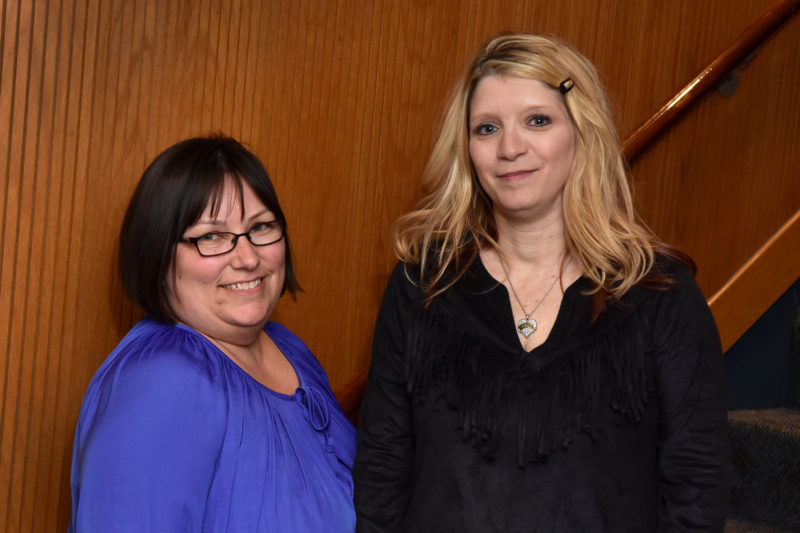
This year’s lecture topics included minimally invasive robotic surgery in urology, how breast cancer research is translated into bedside treatments, adventures in global health and tropical medicine, advances in structural heart therapy and maxillofacial prosthetics, a branch of dentistry dealing with congenital and acquired defects of the head and neck.
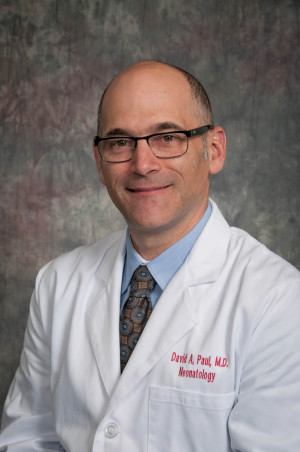
On March 23, David A. Paul, M.D., FAAP, physician leader of the Women and Children’s Service Line and chair of the Department of Pediatrics, spoke on the history of infant mortality in Delaware and why it has been such a vexing problem. He talked about trends in premature births, which are the leading cause of infant mortality, and about the social determinants of health. He also highlighted successes of Delaware and Christiana Care in supporting infant health.
Traditionally, he said, Delaware has had an infant mortality rate higher than the national average, when measured in deaths per thousand of live births. However, through a variety of interventions, Delaware has lowered its deaths from 9.3 deaths per thousand (measured from 2000 to 2004) to 7.5 deaths per thousand (measured from 2010 to 2014).
“Our state programs are holistic,” said Dr. Paul, who also chairs the Delaware Healthy Mother Infant Consortium, which has worked to lower the infant mortality rate. “Our programs run the gamut, from providing care to mothers, who otherwise would not receive care, to providing medications that prevent premature births, to conducting increased data surveillance of congenital anomalies. The good news is that our infant mortality rate has dropped 19 percent since 2005. However, racial disparities are still an issue, in that African-American mothers are 2.2 to 2.5 times more likely to have a premature baby than Caucasian mothers.”
Dr. Paul explained that the Robert Wood Johnson Foundation has a model showing that clinical care accounts for only 20 percent of health, which means that personal behaviors and the social determinants of health play a far larger role. Such determinants include tobacco use, exercise, obesity, alcohol intake, income, education, employment, community safety and the physical environment.
“A high premature birth rate is reflective of the health of the mother, and if we want to take our work on this issue to the next level we have to target the social determinants of health.”
